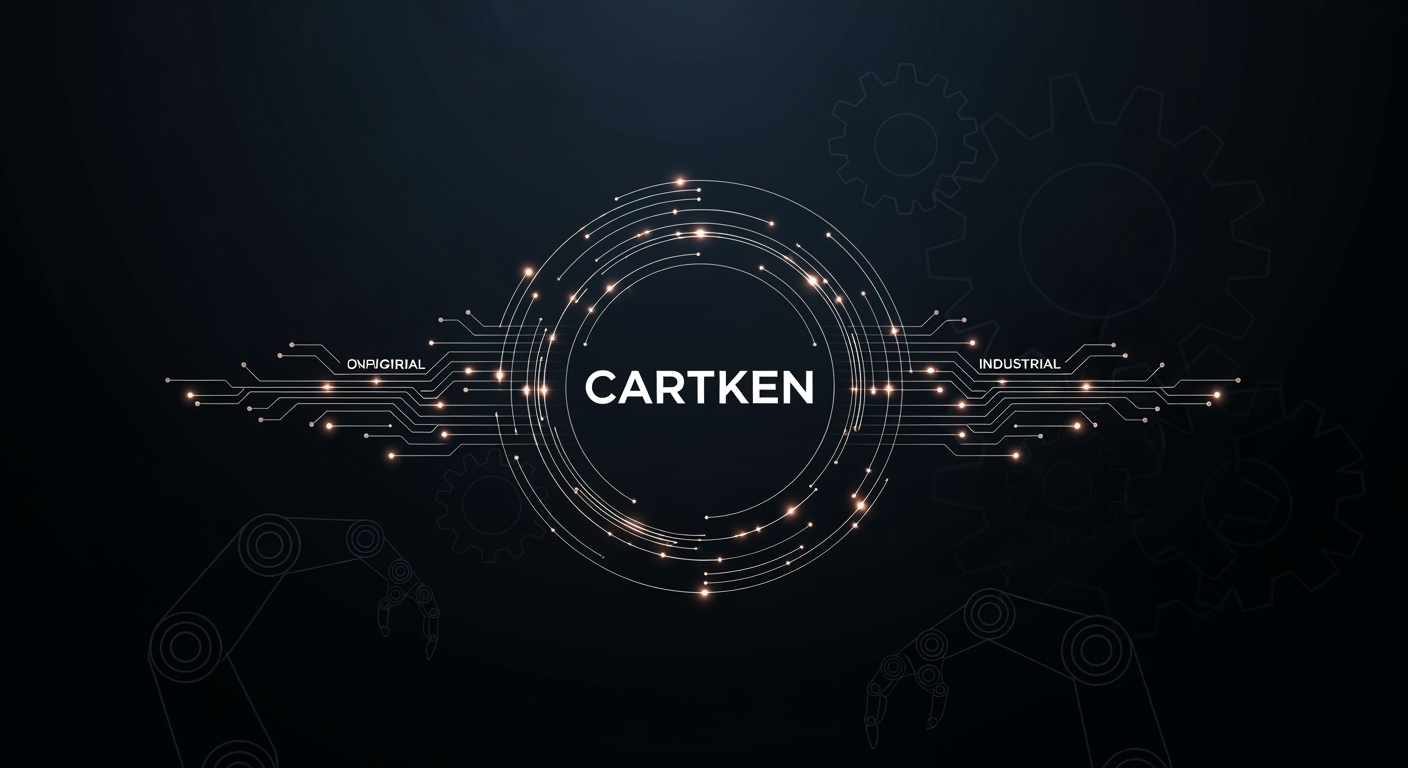Cartken Shifts Strategy: From Food Delivery Robots to Industrial Automation

Cartken Shifts Focus: From Campus Deliveries to Industrial Solutions
Cartken, the autonomous robotics startup once recognized for its four-wheeled food delivery robots navigating college campuses and Tokyo's busy streets, has made a significant strategic pivot: the company is now targeting industrial environments with its robotics technology.
Why the Pivot to Industrial Robotics?
While Cartken's roots are in last-mile food delivery, co-founder and CEO Christian Bersch revealed that applying their robots to industrial use cases was always a consideration. The shift gained momentum when businesses began reaching out to deploy Cartken's robots in factories and laboratories. Bersch explained, "What we found is that actually there’s a real big need in industrial and onsite use cases." For many companies, optimizing material and production flows represented even greater value than last-mile food delivery.
Early Success and Industry Adoption
In 2023, Cartken secured its first major industrial partner: German manufacturing giant ZF Lifetec. The company initially put Cartken's existing delivery robots—the Cartken Courier, capable of carrying up to 44 pounds—to work moving production samples. This deployment quickly became Cartken's busiest operational robot, prompting the company to deepen its focus on the industrial sector.
Despite this shift, Cartken continued to support its last-mile delivery partnerships, including collaborations with Uber Eats and GrubHub in the U.S. and Japan. However, the traction with ZF Lifetec encouraged the founders—Christian Bersch, Jake Stelman, Jonas Witt, and Anjali Naik—to further expand into industrial automation.
Technological Flexibility Fuels Expansion
Transitioning Cartken robots from food delivery to industrial settings was straightforward. The robots' AI systems, trained on years of complex, real-world delivery data, are designed to handle diverse terrains and weather, enabling them to move seamlessly between indoor and outdoor environments. Experience gained from navigating Tokyo’s dynamic streets directly benefits their ability to avoid obstacles and function in busy industrial sites.
New Robots for New Needs
With over $20 million raised from investors such as 468 Capital, Incubate Fund, and Vela Partners, Cartken has expanded its product lineup for industrial clients:
- Cartken Hauler: A larger robot introduced in early 2025, capable of carrying up to 660 pounds.
- Cartken Runner: Designed for indoor deliveries within facilities.
- A future robot resembling a robotic forklift is also in development.
"We have a navigation stack that is parameterizable for different robot sizes. All the AI and machine learning and training that went into that is like transferring directly to the other robots," Bersch explained.

Global Momentum and Partnerships
Cartken recently strengthened its four-year partnership with Mitsubishi. Melco Mobility Solutions, a Mitsubishi Electric Group company, announced the purchase of nearly 100 Cartken Hauler robots for deployment in Japanese industrial facilities. This milestone highlights the growing demand for mobile automation across sectors, from automotive and pharmaceutical to chemical industries.
Bersch notes, "All these companies typically have people moving stuff from one building to another, whether it’s by hand, on a cart, or a small forklift, and that is really what we’re targeting."
The Future: Dual Focus, Industrial First
While Cartken will maintain its food and consumer last-mile delivery services, Bersch confirmed the company does not plan to expand that segment further. Instead, these routes serve as valuable testing grounds for new capabilities as Cartken continues to innovate and meet the evolving needs of industrial clients worldwide.





